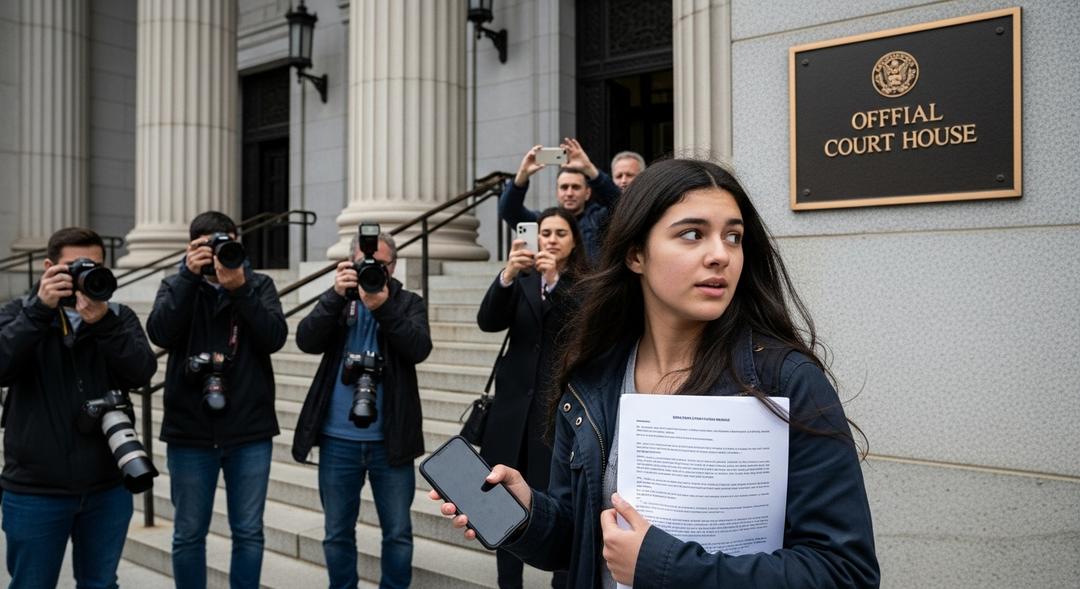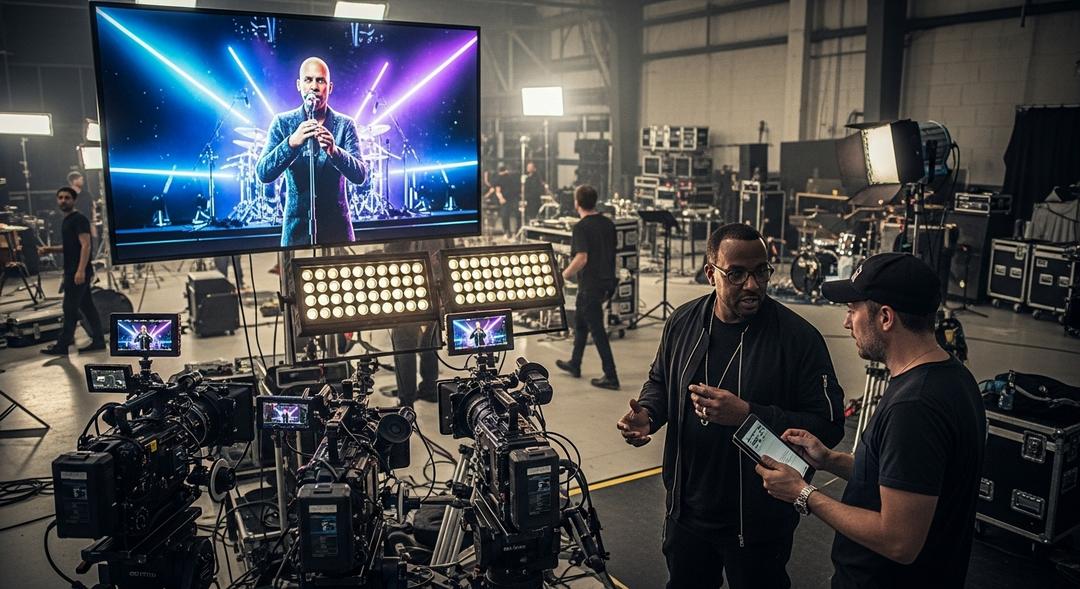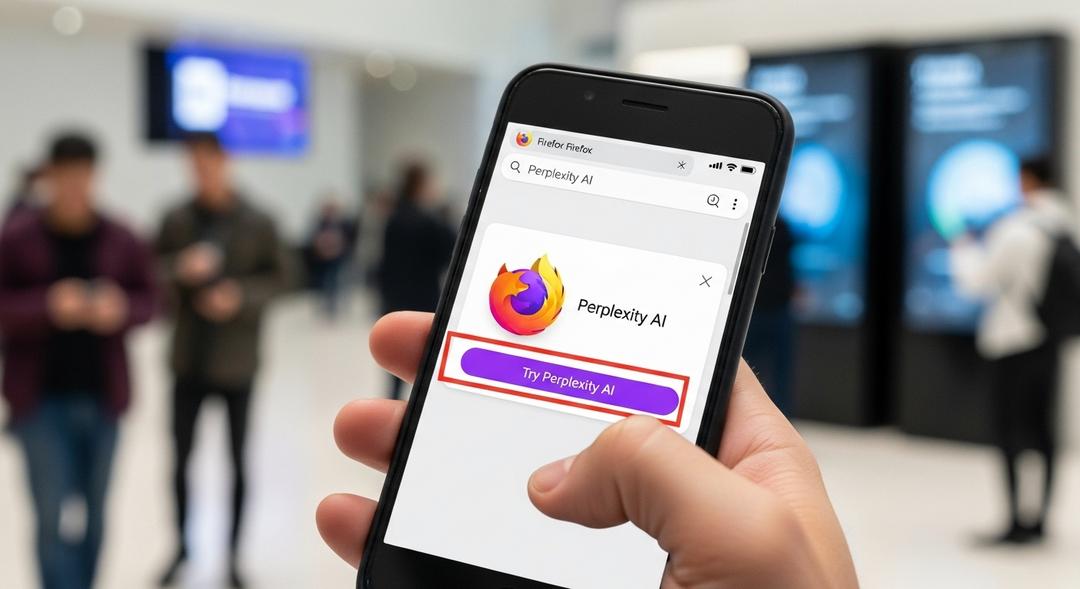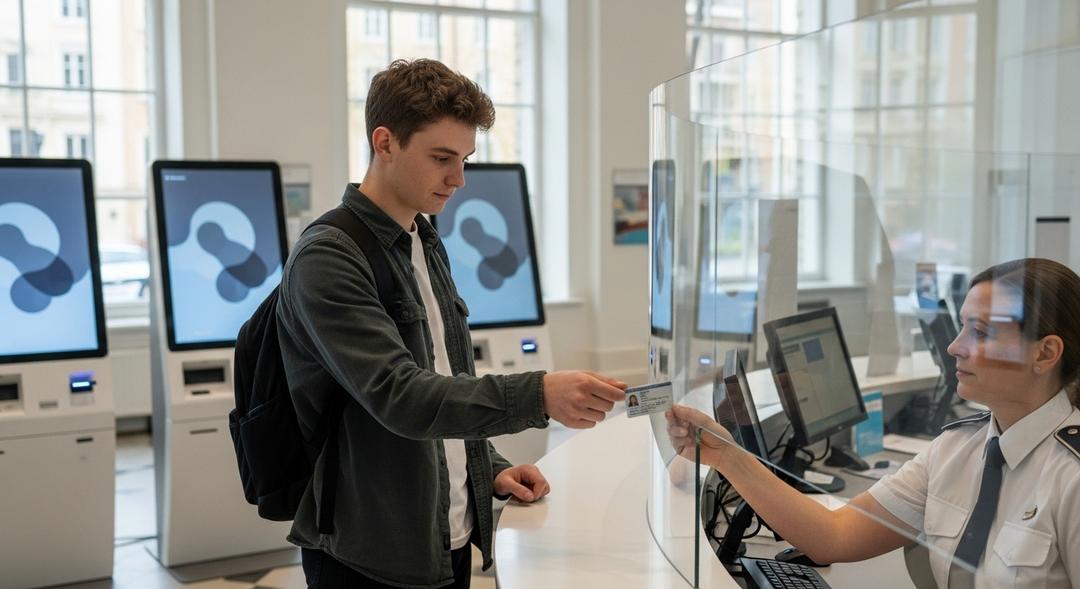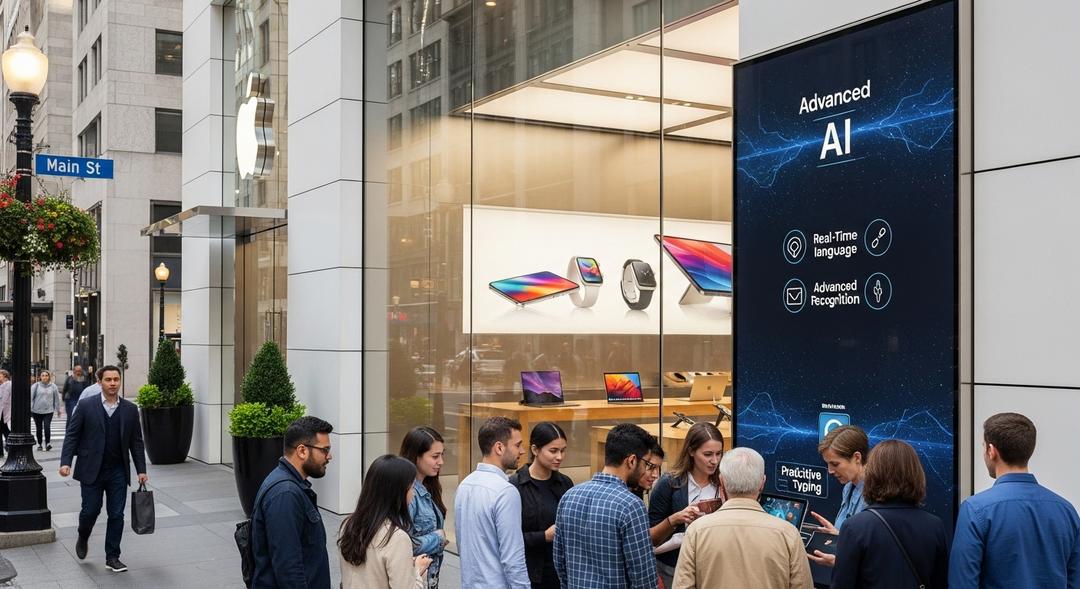Wikipedia’s status as a rare corner of trustworthy information on the web did not shield it from the shifting tides of the digital world.
Fresh figures show an eight percent drop in visits from real people in the last year, as revealed by Marshall Miller at the Wikimedia Foundation.
The dip became clear after the group’s latest efforts to separate bot activity from genuine users. Miller pointed out that a chunk of what once seemed like a spike in visitors earlier this spring was actually due to smarter bots sneaking under the radar.
Generative AI, Social Platforms, and Youth Habits
Why does it matter, and what is behind this steep change? Miller believes search engines and generative AI are playing a new and very influential role.
Search engines now answer questions right in the results with AI, instead of sending people to websites like Wikipedia for details. At the same time, young people are turning to video-heavy social platforms for their information fixes, moving away from old-fashioned web browsing.
Google, for its part, disagrees that AI answers are to blame for shrinking Wikipedia traffic.
Despite welcoming “new ways for people to gain knowledge,” Miller sees a challenge if fewer folks know or care where facts come from. He warns that a drop in traffic could mean fewer volunteers building out Wikipedia’s articles or fewer donors keeping its servers running. He explained, “With fewer visits to Wikipedia, fewer volunteers may grow and enrich the content, and fewer individual donors may support this work.”
This isn’t just about traffic numbers, either. When fewer people interact with Wikipedia, knowledge becomes less transparent. AI chatbots can repeat its facts without anyone realizing volunteers wrote those entries.
Wikipedia is not taking the situation lightly.
The foundation is experimenting with new strategies to make sure content gets proper credit, even as it is used by modern AI, search sites, and other platforms. Two specialized teams now focus on bringing new audiences to Wikipedia and recruiting more contributors.
Miller encourages users to help by seeking original sources when searching for information and supporting the people creating and checking these resources. He also wrote, “Talk with the people you know about the importance of trusted, human curated knowledge, and help them understand that the content underlying generative AI was created by real people who deserve their support.”
The future of Wikipedia, it seems, depends as much on its unseen contributors as on anyone who reads the site. For more insights on how wikipedia resists ai and the industry’s reaction, see our related coverage.

